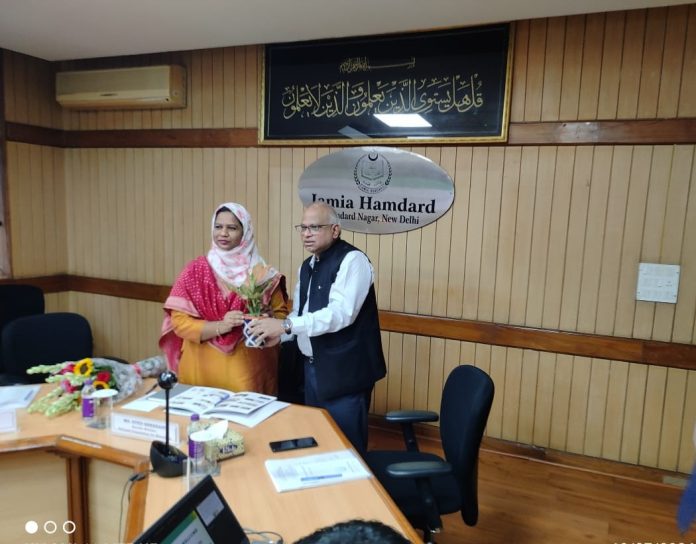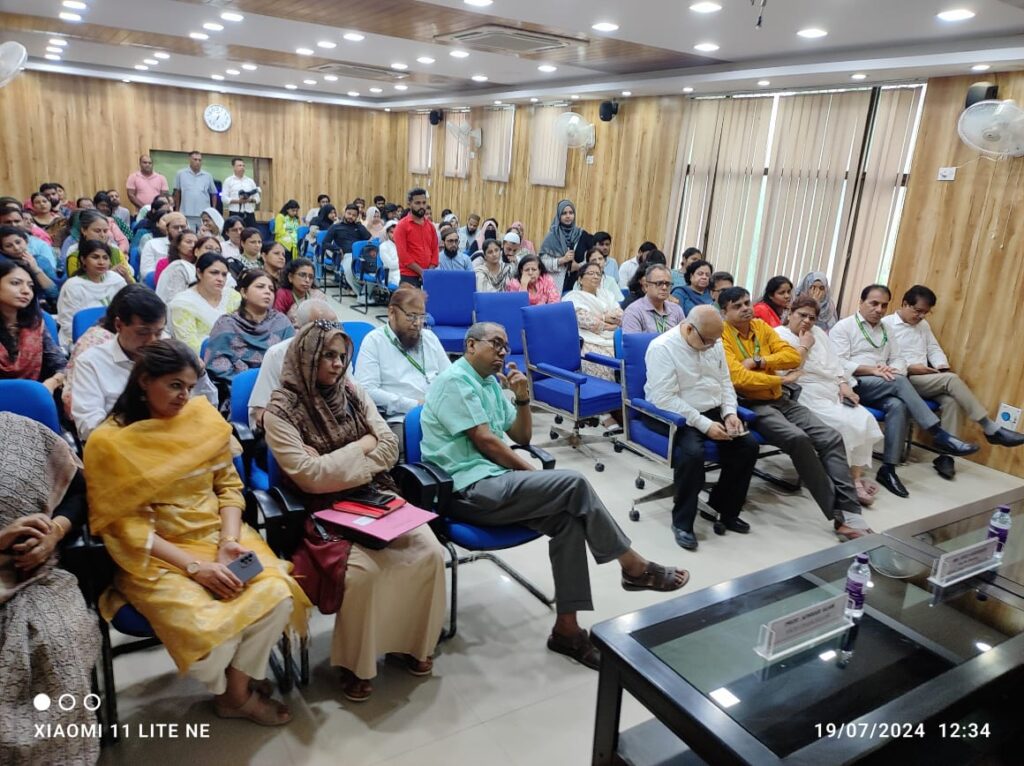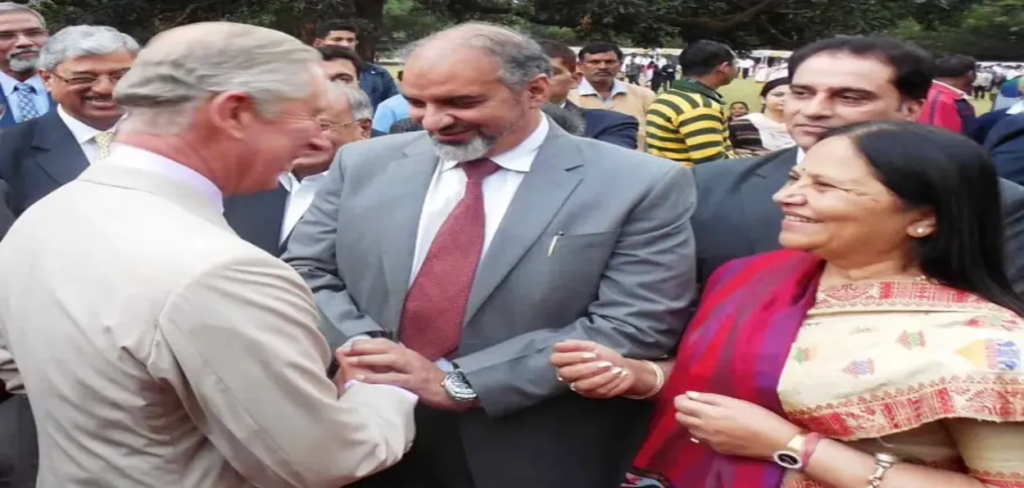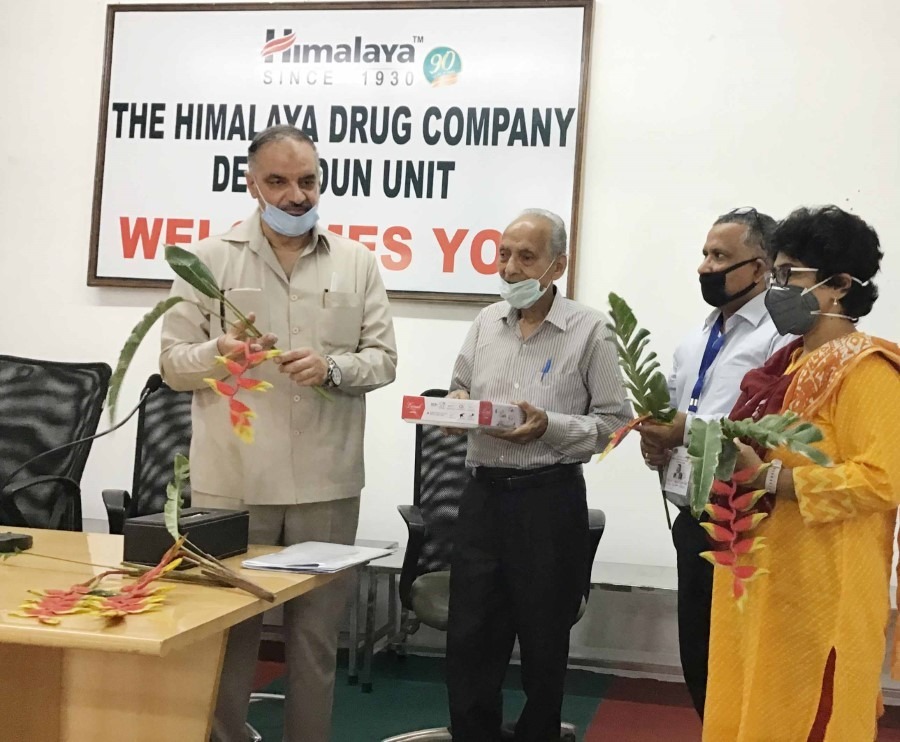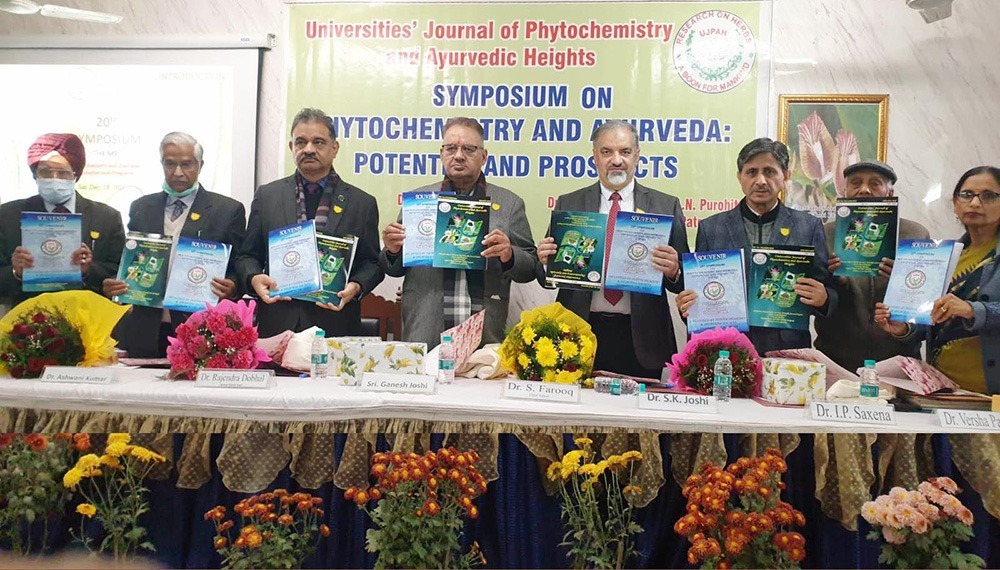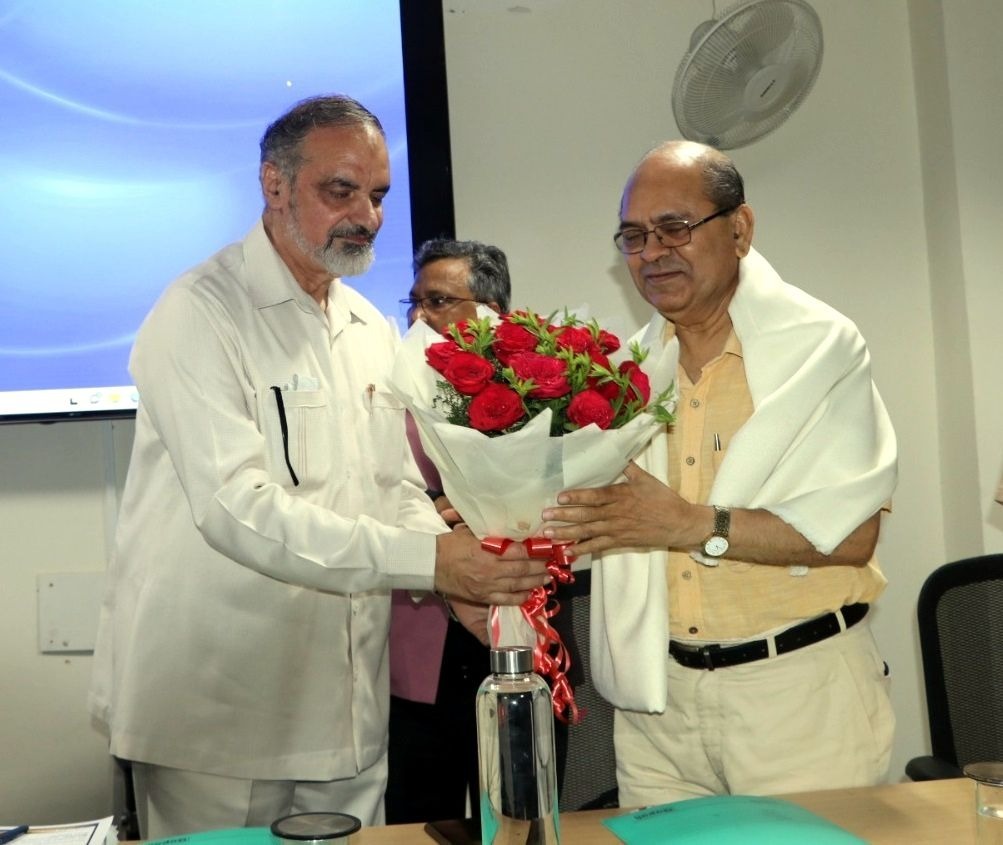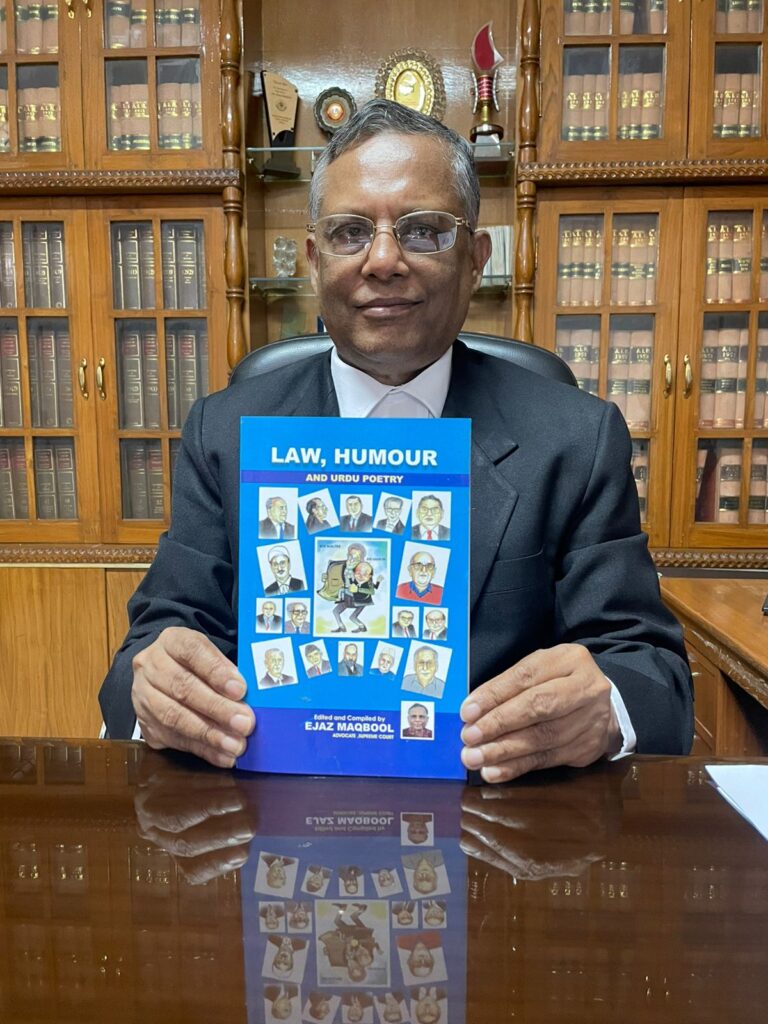INDIA :
Many scholars say that the time has come for these libraries to digitise their books and manuscripts and grant global access to their literary treasures through payment.
Khuda Baksh Library – Photo by UMAR AMAN
As Urdu libraries across various parts of the country witness a decline in readership, several libraries are adopting new strategies to expand their influence by adding books related to competitive examinations and providing reading space to students appearing for these exams.
One such example is the Alambazar Urdu Library located in Alambazar, near north Kolkata in West Bengal. The library has embraced this approach to attract readers. Arif Hussain, the secretary of Alambazar Urdu Library, says, “We have established an academic unit within our library. This unit houses books catering to a range of entrance tests, including ITI, NEET and other similar exams, for admission into medical and engineering courses. We also provide resources to prepare for competitive exams―for both, the state and Union government―as well as for banks, railways and other exams. Students and educated unemployed youth find it of great value and make use of our academic unit.”
Founded in 1978, Alambazar Urdu Library is located in an area inhabited mainly by the Urdu-speaking Muslim community of the state. Hussain says most residents are workers from the nearby Barnagore Jute Factory and daily wage earners. “A significant portion of these people are either illiterate or semi-literate. Due to the longstanding decline of the jute industry, which has adversely affected people’s financial condition, there is a dearth of educational opportunities. The library was established to serve the students of the local Urdu medium higher secondary school and cater to the needs of these underprivileged residents,” he says. Despite housing a large collection of Urdu novels and books, the library has experienced a reduction in footfall over the years. “One possible reason is that people no longer resonate with contemporary Urdu literature, which may have led them to explore other avenues. Social media has changed the whole scenario and people have moved away from reading,” he adds.
In Patna, the Khuda Bakhsh Oriental Public Library, a repository of Indo-Islamic knowledge and arts, has also turned its attention to civil services exam preparation. The library has made competitive examination materials, including those for medical and engineering fields, available to students and has dedicated a section for this purpose. The Curzon
reading room stands out as a popular space in the library. While scholars from India and beyond frequently visit the library to study its vast collection of manuscripts―Sufi literature, poetry, Persian literature, history, and miniature paintings―students appearing for competitive exams prefer the Curzon reading room. The library also houses books in humanities and social sciences, some dating back to the 1600s and 1700s.
The Khuda Bakhsh Oriental Public Library, inaugurated for public use in October 1891 by Bihar’s illustrious figure, Khan Bahadur Khuda Bakhsh, initially boasted of 4,000 manuscripts, with 1,400 of them inherited from his father. The Government of India designated it as an Institution of National Importance through a Parliamentary act in 1969.
Urdu poet Shahid Jamal, originally from Patna, expresses his concern over the trend of libraries incorporating competitive examination materials. He says, “I am surprised by the insistence of libraries on featuring competitive examination books or providing resources for students preparing for such exams, which seems to have little connection to the core essence of a library.”
Jamal says it is necessary to understand the political dynamics surrounding Urdu in the country to grasp the predicament faced by Urdu libraries. “The current status of the Urdu language in the country, often perceived not just as a spoken language, but as a language solely associated with Muslims, has had an impact on the status of Urdu libraries.”
While stating that both the Khuda Bakhsh Oriental Public Library and the Rampur Raza Library receive central funding under the Ministry of Culture, Jamal says his desire is to see these libraries expand their infrastructure and focus on digitisation.
The Rampur Raza Library, a prominent institution, traces its origins back to Nawab Faizullah Khan’s establishment of the library in 1774. The Nawab and his successors supported and patronised scholars, ulema, poets, painters, calligraphers and musicians, contributing to the library’s rich heritage. The library houses manuscripts in various languages including Arabic, Persian, Pashto, Sanskrit, Urdu, Hindi and Turkish.
Many scholars say that the time has come for these libraries to digitise their books and manuscripts and grant global access to their literary treasures through payment. “These institutions should introduce library science courses also, apart from making libraries available to the rest of the world through digitisation and a subscription model rather than bringing competitive exam books,” says Jamal. “You find these competitive examination centres everywhere. Don’t turn libraries into coaching centres,” he says.
Syed Kalim Akhtar, vice president of Bhopal’s Iqbal Library, Bhopal, says efforts are on to digitise the library’s resources. Established in 1939, the centrally-located Iqbal library aims to combat the waning interest in Urdu among the younger generation. Akhtar says there is a shortage of Urdu teachers in schools, leading students to opt for alternative languages. “While we don’t discourage learning other languages, we advocate for the preservation of Urdu,” Akhtar says.
He says in the past the library served as a reading room cum library, attracting visitors who came to read newspapers and magazines.
Akhtar says the library’s attempt to enhance its readership base by establishing a study centre and procuring over a hundred thousand books related to competitive examinations suffered due to flooding. A few years ago, the centre housing these resources was submerged after heavy and continuous rainfall, resulting in extensive damage to the books.
Ikram ul Haque, assistant professor in the department of history at the Maulana Azad National Urdu University, Hyderabad, says his long experience with Urdu libraries, especially in Hyderabad, has made him think that the libraries need to innovate and utilise the available modern tools and technologies to increase readership.
He cites the example of Idara-e-Adabiyat-e-Urdu, Hyderabad. He says it started as an organisation to promote Urdu and later its founders converted it into a library and started some courses. The Idara-e-Adabiyat-e-Urdu (Urdu Literature Institution) was established in the 1930s by Muhiuddin Qadri ‘Zore’, a Dakkani litterateur and a literary historian. The institute has ancient Urdu, Arabic, and Persian manuscripts, along with a collection of historical Urdu newspapers, and it attracts researchers from various universities across the country.
“Prof Zore was from Hyderabad, and he had established the Idara on the land owned by his mother. This library has rare Urdu books, a huge collection of manuscripts and the earliest collection of Dakkani Urdu manuscripts. But the Idara-e-Adabiyat-e-Urdu is today in its worst condition,” says Haque.
He says though the Rekhta Foundation has digitised Idara’s books, their physical copies are in bad shape. “You will not find a permanent librarian at the Idara. It is a retired person who voluntarily gives his service to the library,” says Haque. He says a complete lack of staff and a regular source of income have pushed libraries like Idara into a crisis.
“There are some structural problems with Urdu libraries in particular and other libraries in general. In Urdu libraries, people usually don’t visit. Only researchers and scholars visit these libraries,” he says. He attributes this to the disconnect between the people and libraries. “We have to find ways to attract people to libraries and provide books, reading rooms for competitive examinations and books about competitive examinations could be the possible solution,” says Haque. He also says that the libraries need regular funding to recruit and increase their infrastructure and that aspect has to be looked at by the government. He also says the libraries need to digitise their books and manuscripts to make them available for subscription to the whole world. “That is the only way these libraries will flourish,” adds Haque.
source: http://www.outlookindia.com / Outlook / Home> National / by Naseer Ganai / August 24th, 2023

